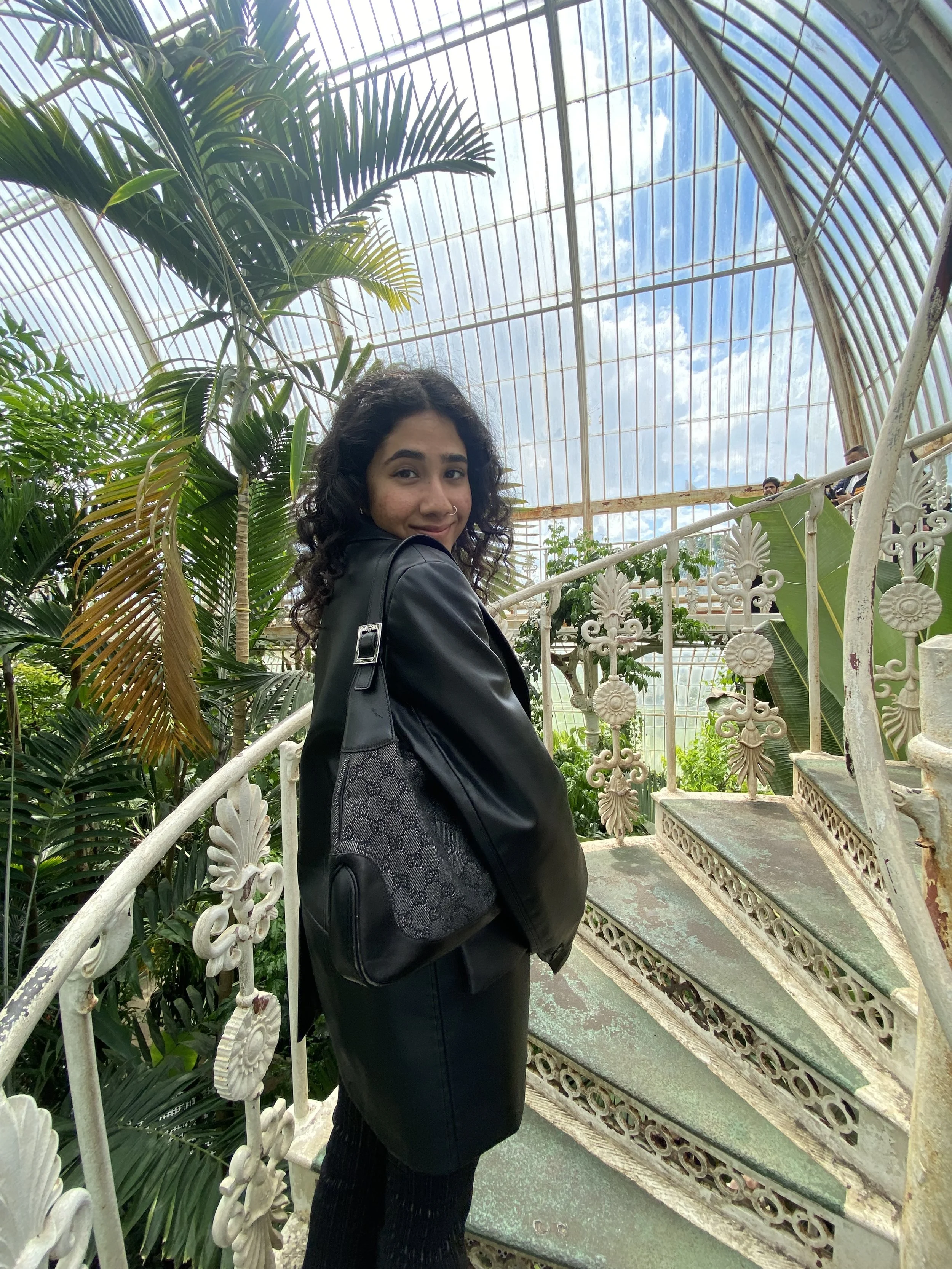MAHSA AMINI
Mahsa Amini died on 16 September 2022 after being detained by the “morality police,” or the Irshad police, in Tehran, Iran. She was jailed on 13 September 2022 and eventually killed for not following appropriate dress codes after being accused of violating moral laws that require Iranian women to completely cover their head and arms. Her death has sparked worldwide protests where protesters demonstrate for bodily autonomy along with the end of Ayatollah Khameinei’s rule in Iran. Millions of women are participating to spread counter-hegemonic discourse all over the world, which includes burning their hijabs or cutting their hair to show solidarity.
PROTESTS IN IRAN
Protests led by women in Iran, however, are becoming increasingly violent with the government trying to conceal the dissent and the brutality it is committing through widespread Internet blackouts. Videos circulating show the police beating women with batons, tear gas, and bullets along with sexually assaulting many whilst arresting them. Hundreds of individuals have been injured and over 12,500 people have been arrested so far. The Human Rights Activists News Agency in Iran has reported the deaths of over 224 people, including 23 children. This includes the death of two 16-year-old girls, Nika Shakarami on 20 September and Sarina Esmaeilzadeh on 23 September. The Iranian authorities deny the reports of security forces killing the two girls. Shakarami was protesting in Tehran until she disappeared and was eventually found dead. “Her body was snatched and buried in a village about 40 [kilometres] away,” the BBC quoted sources saying. Esmaeilzadeh was similarly killed after being struck with batons on her head by the authorities; however, they claim that both girls died of suicide and that the recent protests were distinct from their deaths.
Iranian officials have also declared that they are detaining students taking part in the protests in “mental-health institutions” in order to “reform them”. Since 2 October 2022, students at Sharif University of Technology in Tehran have been actively protesting by organising sit-ins and chanting slogans such as "death to the dictator," "death to Khamenei," and "hey hey, ho ho, mullahs got to go”. The Centre of Human Rights in Iran has reported forces “arresting students, covering them with plastic bags, beating them and taking them to unknown locations,” with around 30 students arrested. Similar occurrences have taken place at other educational institutions, such as the Islamic Azad University in Tehran where many women have taken off their hijabs and scarves to defy the country’s modesty laws. Hadi Ghaemi, executive director of the Centre for Human Rights in Iran, said “a government that beats and attacks its own children for peacefully protesting egregious state abuses is one that has lost all connection to its people, all respect for the law, and any semblance of humanity”.
These protests are not just against the mandatory hijab, but for women’s freedom and the end of a draconian regime. The morality police’s aim to incite fear amongst women by what they did to Mahsa Amini had the opposite effect; it fuelled the fire for an already brewing revolution for women’s rights and equality in Iran, with anger and fury exploding. “Women have been on the frontlines of protests in Iran before,” says Aarabi of the Tony Blair Institute in the UK. “But this isn’t about reform, it’s about outright regime change. Because the compulsory hijab, in the Islamic republic, is not just a piece of cloth. It’s one of the key pillars of the ideology of this regime.”
This ideology, which both men and women are fighting, is the dominance that men exert over women by controlling their bodies and their way of life, along with the fight for equality for women in all spheres of life. This fight has been ongoing for decades and stems from the discriminatory laws that the government has imposed without including women in the conversation. It also stems from the hegemonic, misogynistic ideas that have been promulgated by men, including the arguments that abortion is immoral and the reality that divorce is usually decided in favour of men. Iranians, and Iranian women especially, have been challenging the government for a long time, and the fight is not over yet. This is a fight for women’s rights and bodily autonomy, a fight for freedom of choice—a freedom in which women are not banned from wearing hijabs, as in France, nor mandated to wear them, as in Iran.
Rhea is a penultimate year Social Sciences Student from King's College London. They are currently an Editor at King's Social Sciences Blog, and a writer for Encyclopedia Geopolitica. Rhea has experience in research in the social sciences field.

